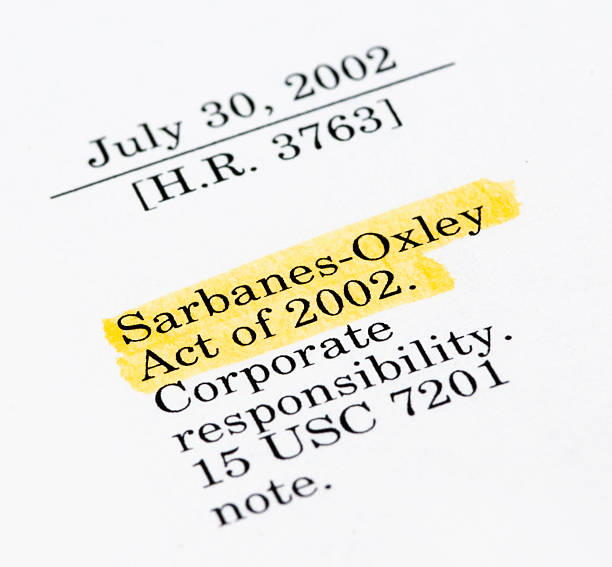Understanding Dental Care Financing: A Complete Guide to Grants and Payment Options
Dental care is a crucial aspect of overall health, yet the cost of treatments can be a significant barrier for many people. From routine cleanings to complex procedures, understanding the various financing options and assistance programs available can help make dental care more accessible. This comprehensive guide explores different ways to manage dental expenses through grants, healthcare programs, and financial planning.

Understanding Healthcare Coverage for Dental Procedures
Traditional healthcare plans often treat dental coverage differently from medical coverage. Many insurance providers offer separate dental plans with varying levels of coverage. Basic preventive care like cleanings and X-rays usually receives the highest coverage percentage, while major procedures may require significant out-of-pocket expenses. Understanding your insurance benefits and limitations is crucial for financial planning.
Financial Planning Strategies for Dental Care
Creating a dedicated dental care budget can help manage both routine and unexpected dental expenses. Consider opening a Health Savings Account (HSA) or Flexible Spending Account (FSA) to set aside pre-tax dollars for dental care. Many dental offices also offer payment plans or partner with medical finance companies to provide more flexible payment options.
Available Payment Options and Financing Solutions
| Payment Option | Features | Typical Terms |
|---|---|---|
| Dental Credit Cards | Specific for dental expenses | 0% APR for 6-24 months |
| Payment Plans | Direct arrangement with dentist | 3-24 month terms |
| Medical Loans | General healthcare financing | Fixed interest rates |
| Dental Savings Plans | Membership-based discounts | Annual fee required |
Prices, rates, or cost estimates mentioned in this article are based on the latest available information but may change over time. Independent research is advised before making financial decisions.
Finding Money-Saving Resources in Your Area
Local dental schools, community health centers, and charitable organizations often provide reduced-cost or free dental services. Many areas have dental clinics that operate on a sliding fee scale based on income. Additionally, some dentists participate in programs that offer pro bono work or discounted services to qualified patients.
Managing Long-term Dental Healthcare Costs
Prevention is often the most cost-effective approach to dental care. Regular cleanings and check-ups can help avoid more expensive procedures later. Consider investing in quality dental insurance if you anticipate needing significant work. Many employers offer dental insurance as part of their benefits package, which can provide substantial savings compared to individual plans.
This article is for informational purposes only and should not be considered medical advice. Please consult a qualified healthcare professional for personalized guidance and treatment.






